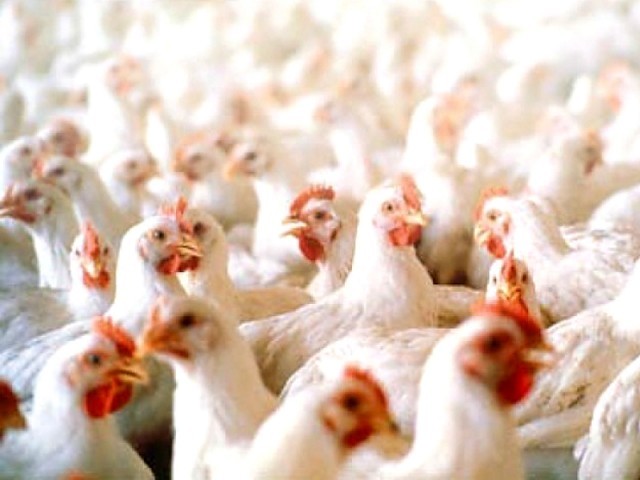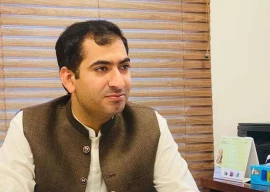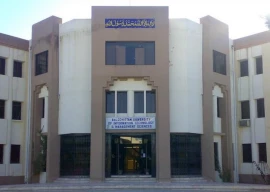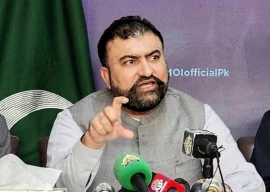
In a bid to lower the government’s cost of its poverty alleviation programmes, the Balochistan Livestock and Dairy Development Department has proposed a novel solution: giving rural women from poorer households poultry to raise and earn profits from, an idea that could replicate the cash handouts currently given out through the Benazir Income Support Programme, but with only the one-time expense of distributing the chickens.
The World Bank estimates that 21% of Pakistan’s adult population lives on less than its poverty threshold of $1.25 a day. The poverty rate is highest in Balochistan.
BISP is the highly successful cash transfer programme run by the federal government and modelled after similarly successful programs in Latin America. It provides cash handouts of Rs1,200 per month to 1.7 million of the poorest households in the country and forms a crucial source of financial support for them. But while the programme has been successful in helping alleviate some of the conditions of absolute poverty in Pakistan, it does cost the government over Rs2.1 billion a month.
The Balochistan Livestock Department’s proposal aims to reduce the recurring expenses of the poverty alleviation programme by giving rural women the means to supplement their family income on their own through chicken farming. It is not directly related to the cash transfer programme.
“It will be a small business that the women of the household can run for themselves with minimal effort, and will allow them to supplement their earning by raising poultry in their backyards,” said one official from the Livestock Department. The department estimates that the average profit a family could earn from the business would be a little higher than Rs1,000 per month, nearly matching BISP payments.
A pilot programme that would target 9,600 families in Balochistan would cost Rs144 million as the initial start-up cost. It would, however, have very little in terms of recurring costs, which would make the government’s investment in the programme worthwhile.
Under the project, beneficiaries would be given 9 chickens and 1 rooster at 75% subsidised rates by the provincial government. Each bird would be 16-18 weeks old and would be from breeds like the Dokki and Fayoumi, which have been determined to survive in the Balochistan environment with minimal care.
The families will receive instructions from the Livestock Department on how to care for the birds, along with pictorial brochures. The women of the household will have to sign a bond saying they will not sell the birds for at least one year, or else face a Rs5,000 fine. The families will make money by selling the eggs produced by the chickens. If the project works as planned, it would produce 13 million eggs each year.
The programme will be implemented in three phases over three years. In the first year, 12 districts will be targeted, with 300 families in each district receiving the birds. In the following two years, another 10 districts in each year will be covered under all 32 districts of Balochistan have beneficiaries.
Published in The Express Tribune, September 5th, 2015.


















COMMENTS (6)
Comments are moderated and generally will be posted if they are on-topic and not abusive.
For more information, please see our Comments FAQ